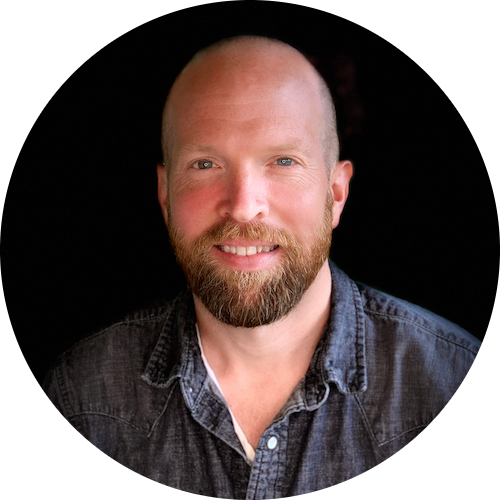Matias came in to the Rails Development Accelerator with experience in HTML, CSS and some JavaScript. He wanted to become a full-stack developer, even though he didn’t have a computer science degree. After graduating from the course, Matias turned down offers from Nintendo and Tech Stars to start his own company, a pet healthcare platform called Pawzii.
“We help humane societies and animal shelters with software solutions to manage their shelter, from the intake to the adoption to licensing to a whole string of options,” Matias said. Because animal shelters are often non-profits and limited on funds, Pawzii streamlines their resources and processes so staff can spend more time with rescue animals.
In his presentation, Matias shared seven ways students can make the most of their Development Accelerator experience.
1. Don’t Procrastinate
Code Fellow Development Accelerators involve a heavy amount of required reading, and students can quickly get behind if they aren’t disciplined to finish the homework every day. Matias stressed the importance of keeping up with assignments. “Make sure you stay current so you don’t feel like you’re falling back, and so you’re able to contribute.”
2. Put your instructors to work
With a set 3 hours every day for project time, students have ample opportunity to ask questions and get help from instructors, a resource that Matias advised them to take advantage of. “Once you’re done with Code Fellows, you’ve lost that resource of someone to talk to whenever you want.”
3. Be uncomfortable
Matias encouraged students to get out of their comfort zones and ask questions, because other people in class likely have the same question or need the answer themselves. Getting the answer in a group setting can also help shed new light on a topic or bring up other subjects that aren’t clear.
4. Don’t be “that guy”
Regardless of where they are in understanding the class topics, Matias advised students to work together and help each other learn. Siloing from the rest of the class because of learning gaps can hinder individual and overall group progress and development.
He said, “You don’t get anything out of working alone. You need to work with each other. You need to be able to talk to and teach each other. Teaching is one of the best ways to learn because you’re going to go over everything in your head and you’ll solidify that base of knowledge.”
Working in group projects and learning how to succeed with many different personalities and skill levels also sets students up for success in a work environment where depending on team members is paramount. Group project experience can also translate into getting successfully hired once the course is over.
5. Network
After graduating from Code Fellows, Matias recognized the importance of attending networking events and attended as many as he could. They provide both connections and the opportunity to become a thought leader in the startup space. “You just have to go out and do it if you want to move anywhere from where you are right now . . . Just being there doesn’t help—you have to go up and talk to people.”
6. Network within
Matias also stressed that students take advantage of the network within Code Fellows. This network includes the expanding pool of instructors and other students. Exchanging contact information for collaboration on future projects can help students grow their network, portfolio, and skill level.
7. Be a badass
In his last tip, Matias told students, “If you’re looking for a job, your GitHub profile is usually important.” He suggested students check in every day and build up their profile with presentable code so that prospective employers and recruiters can see their work. “Find open source projects you can contribute to that are in open repos.” Contributing to projects and getting real-world experience shows potential companies that students have applicable skills in a certain stack.
Matias’ final words for the class summed up his presentation nicely: “Be a badass, help others, acquire experience, and network, network, network!”

